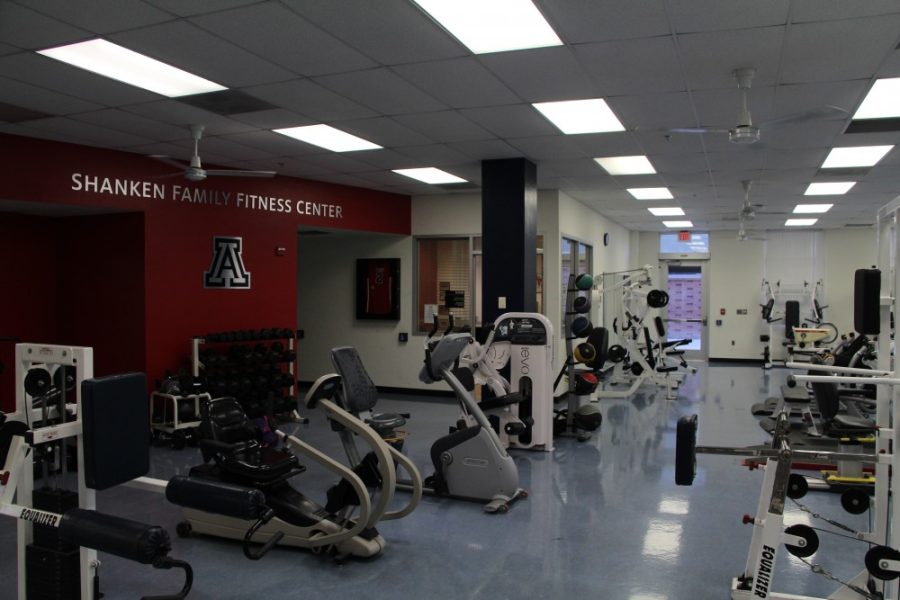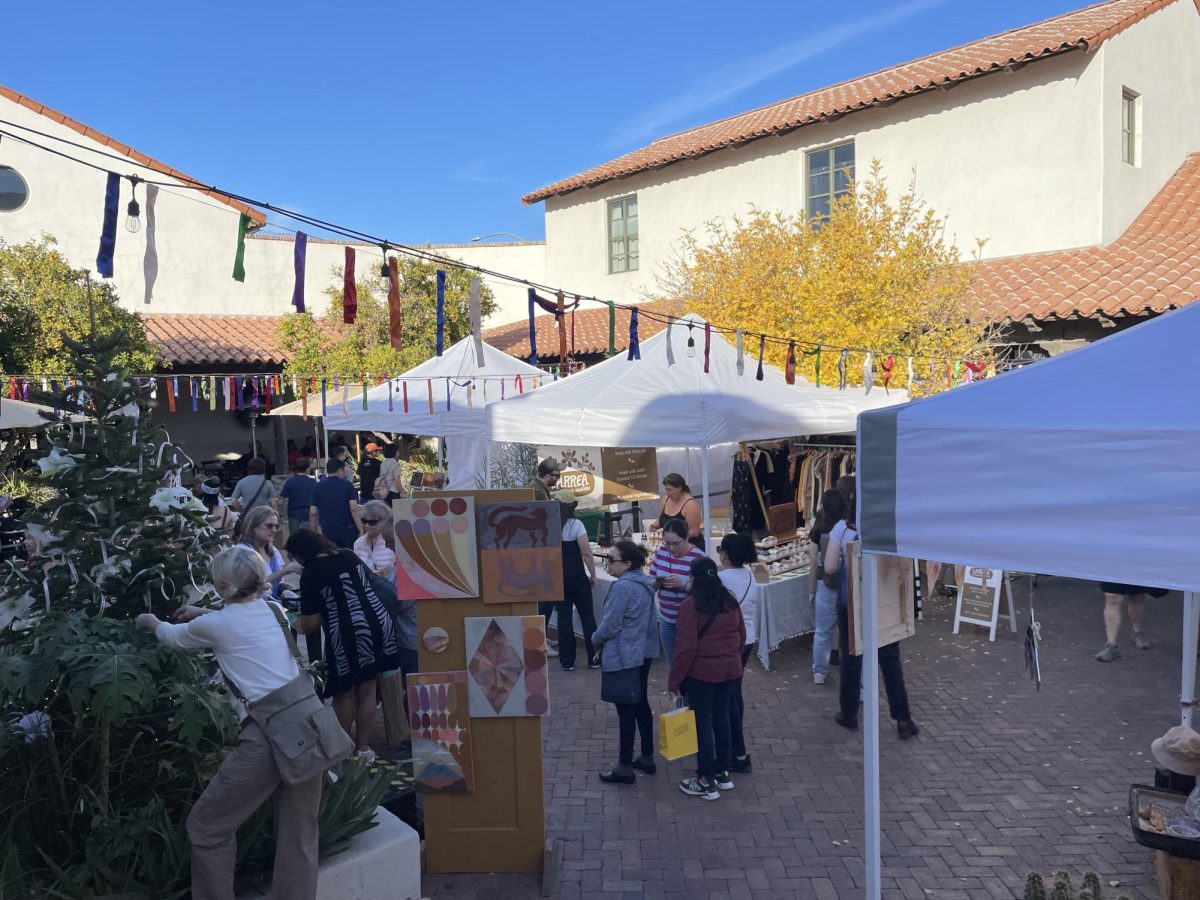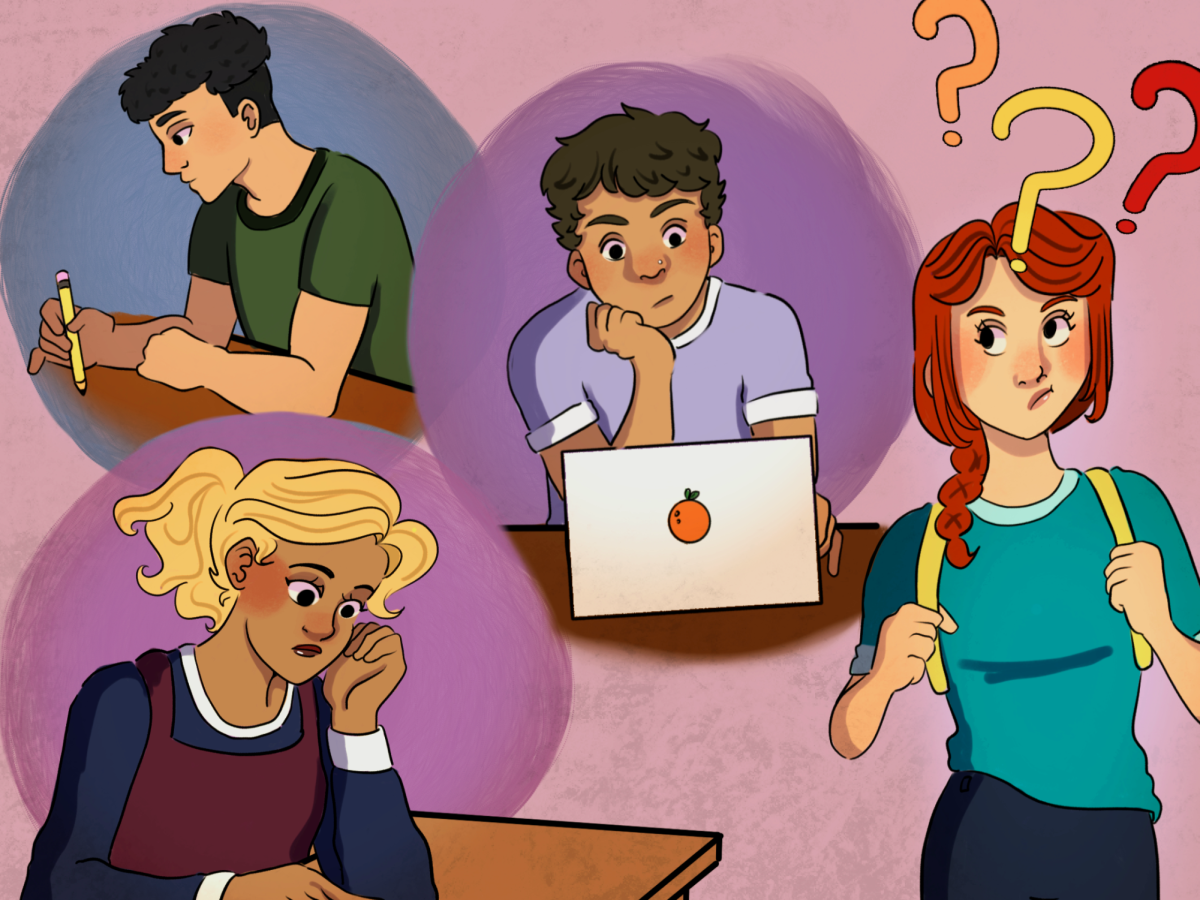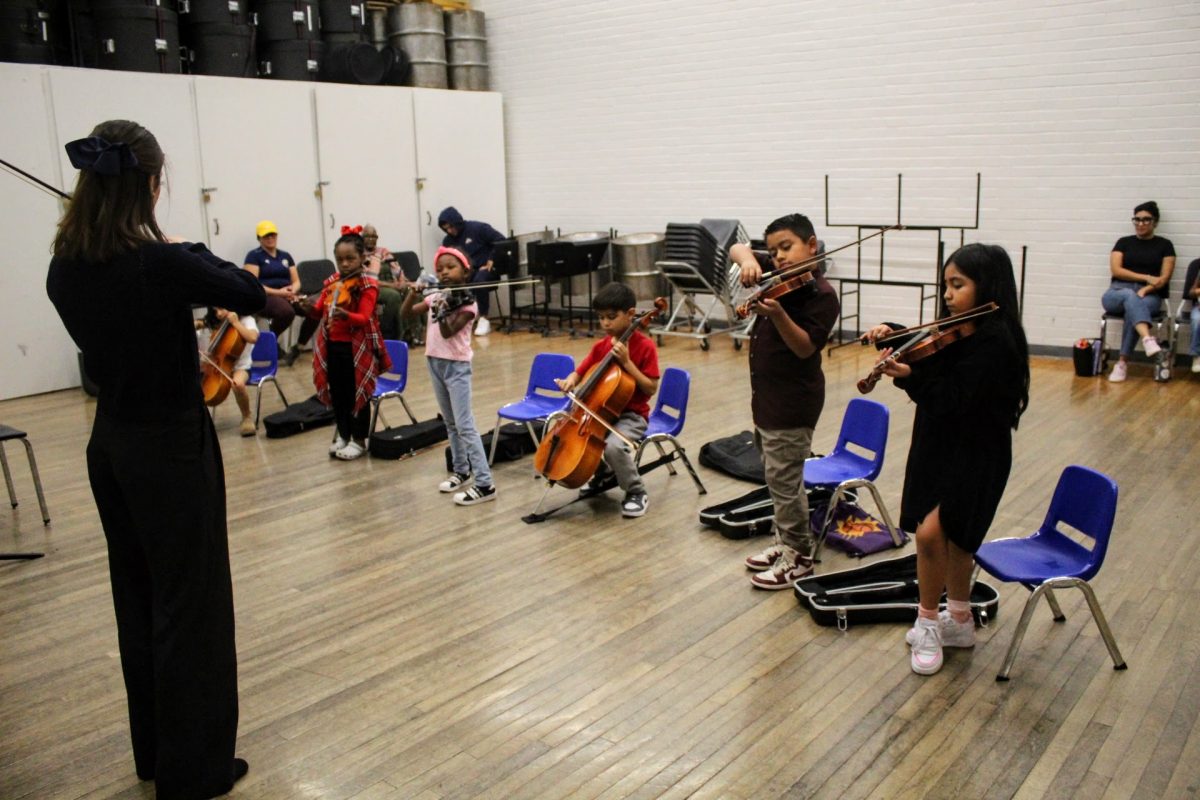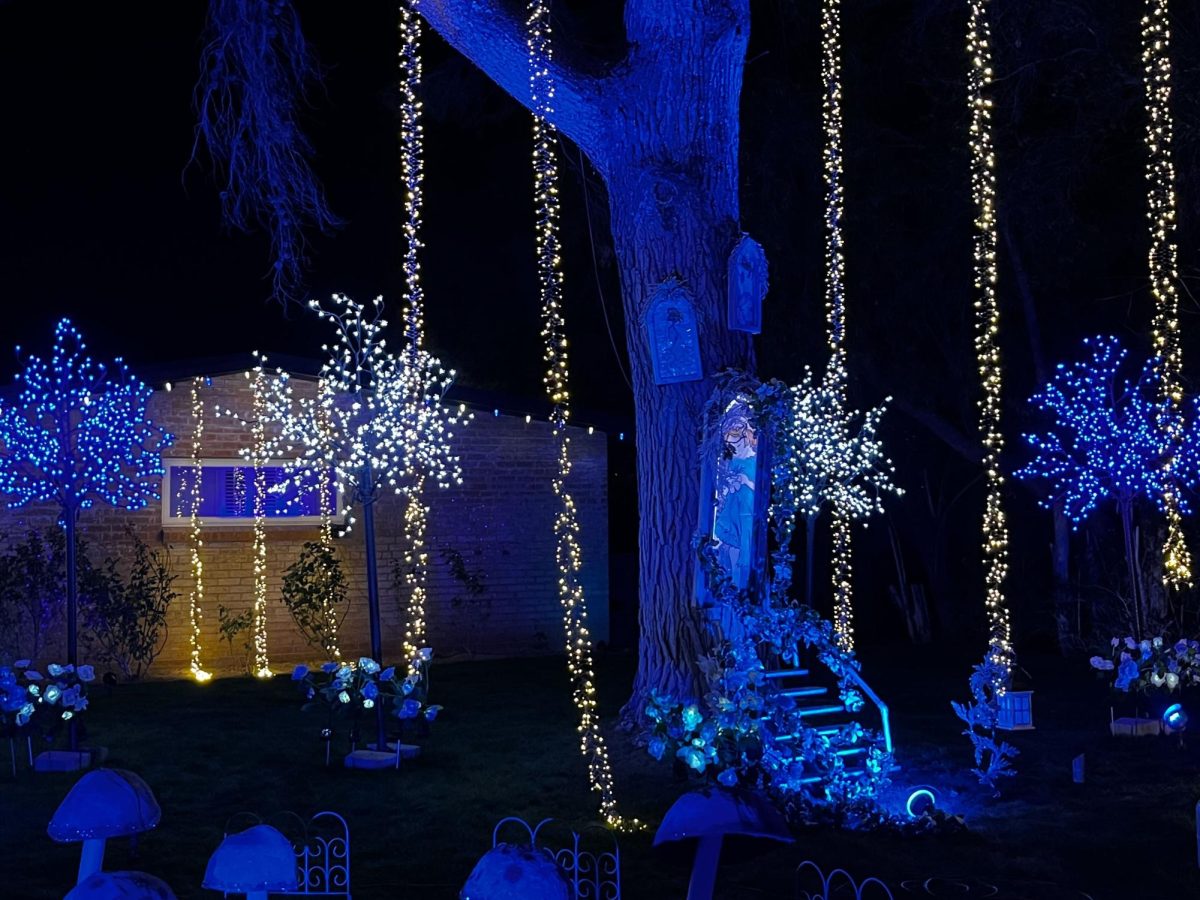The University of Arizona’s Disability Resource Center prides itself on being one of the most inclusive and accommodating disability resource centers in the nation, according to DRC employees.
The mission of the DRC is to “ensure that UA curricular, workplace, physical, information, technology and policy environments are usable, welcoming and accessible through individual consultation, strategic partnerships and consistent outreach,” according to the DRC’s website.
“What differentiates our model and our approach to access are that we work a lot with campus to form a more inclusive and welcoming environment,” said Amanda Kraus, the DRC’s assistant vice president of campus life and executive director & ADA/504 compliance officer for disability resources. “We have about 40 staff, which is a really large team, especially compared to other disability resource offices on other college campuses across the country and a number of our staff work directly with individuals.”
RELATED: UA international students stuck in U.S. after Arizona COVID-19 outbreak
The DRC utilizes classroom accessibility, assistive technology and adaptive athletics with the help of the DRC’s eight departments.
One of these departments is the physical access and accommodations department, which is involved with nearly every campus event, according to Eric Bell, an access consultant for the physical access department.
“We address individual barriers in our campus environment. Before an event or before a class, we canvass [the area] so that it’s just a universal experience, and it’s not a bunch of individual accommodations,” Bell said.
The physical access and accommodations department has developed a five-year plan to make the campus more accessible to students which include new access ramps into buildings and renovated restrooms, according to Bell.
RELATED: Professor honored for decades-long career in disability advocacy, education
Along with physical accessibility, the DRC offers American Sign Language interpreting services and captioning services to students and faculty.
The Communication Access Real-time Translation service, also known as CART captioning, offers top of the line translation services with captioners that can transcribe 270 words per minute with 90% to 99% accuracy, according to Catherine Mazzola, the senior communication access manager.
“So what happens is a student will arrive to class, the CART captioner will hand them an iPad and they sit wherever they want to and it’s discrete, so they’re not the center of attention of the class because nobody likes to be pointed out like that,” Mazzola said. “And you can either access the captions with a link on your iPad, your cell phone or your laptop and the CART captioner sits discreetly in the back of the room.”
The interpreting and captioning services are available for anything relating to the UA campus, including in the classroom, at events or even working out at the Student Recreation Center, according to Mazzola.
RELATED: University of Arizona Cancer Center promotes Joann Sweasy to director
In addition to physical access and interpreting services, the DRC is home to the Adaptive Athletics Program.
“The Adaptive Athletics Program houses seven competitive teams as well as an adaptive fitness center. In its 44-year history, Adaptive Athletics has sent 38 athletes to the Paralympics and has won a number of national titles, making this program a leader in the adaptive and wheelchair sports community,” according to the DRC’s website.
The adaptive athletics program was one of the reasons the DRC was outstanding, according to Mazzola.
“We have one of the best Disability Resource Centers nationwide because we have one of very few adaptive athletics departments. Very few colleges offer that to students with disabilities,” Mazzola said.
The DRC uses its resources to create a sense of community and equality within the UA campus.
“Our goal is to ensure that students with disabilities have a similar, if not identical experience to students who don’t have disabilities with respect to access on campus and to ensure that the campus environment is not just minimally accessible to people, but that it’s welcoming,” Kraus said.
As for the unique fall 2020 semester, the DRC is working to continue virtually, according to Kraus.
“Right now, our plan is to continue all remote services and programming through the fall semester. We’re updating our technology capacity to be able to quickly respond to drop in questions and unplanned things that could happen in the fall, but students would meet with access consultants virtually,” Kraus said.
For more information on the DRC’s services, email drc-info@email.arizona.edu
Follow Elvia Verdugo on Twitter



